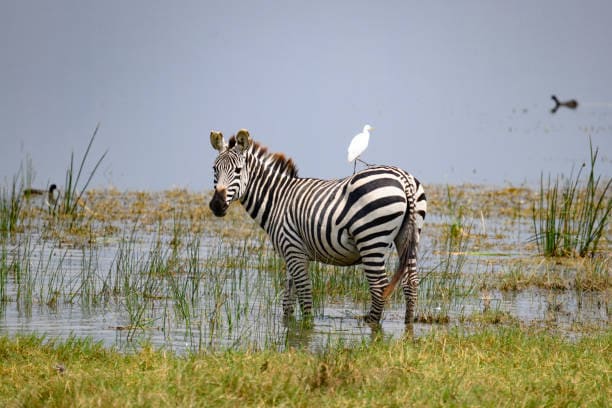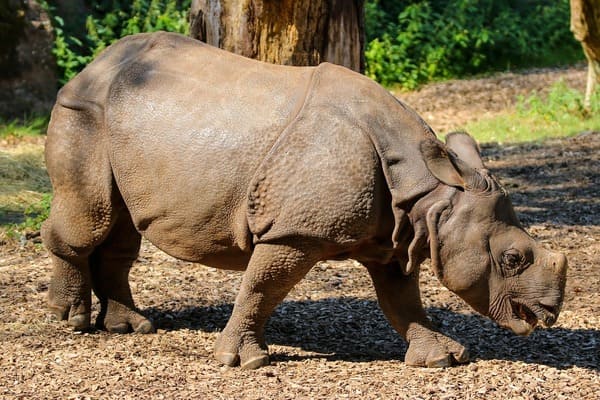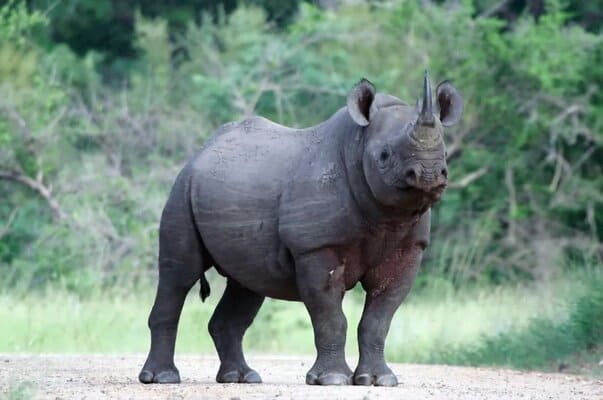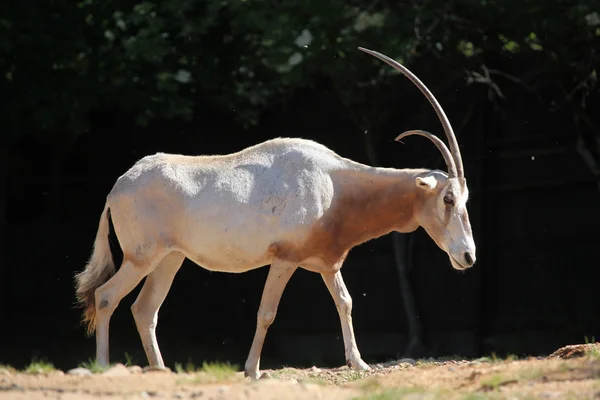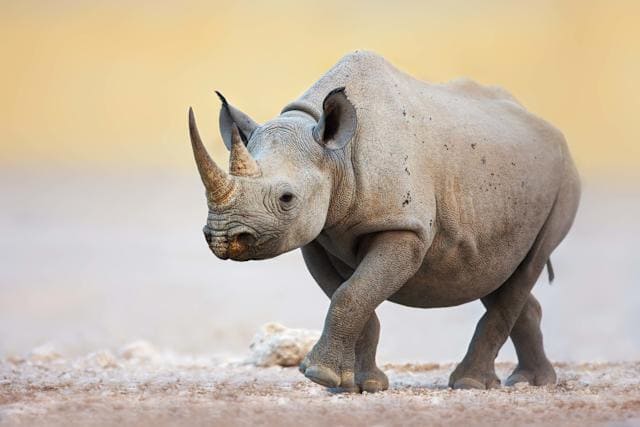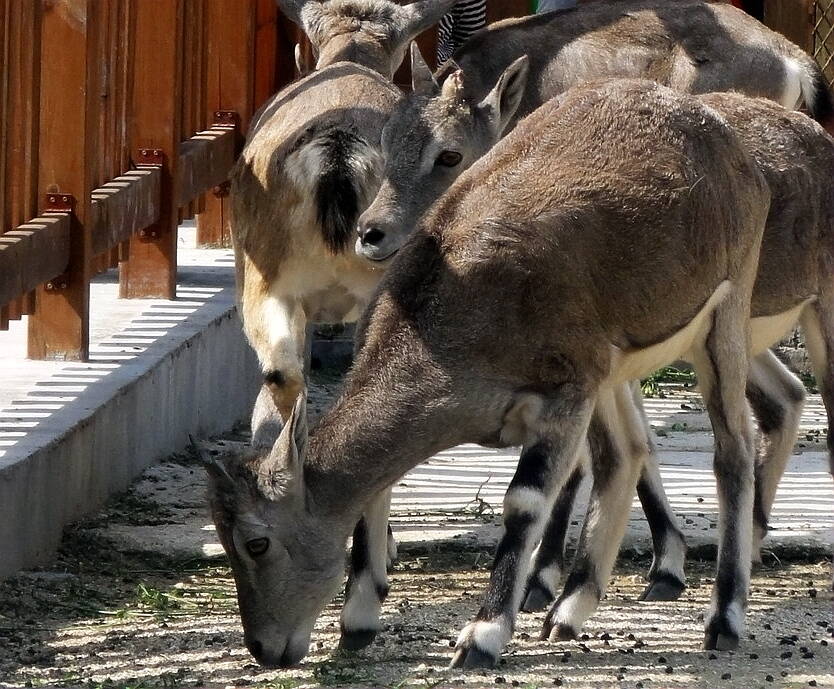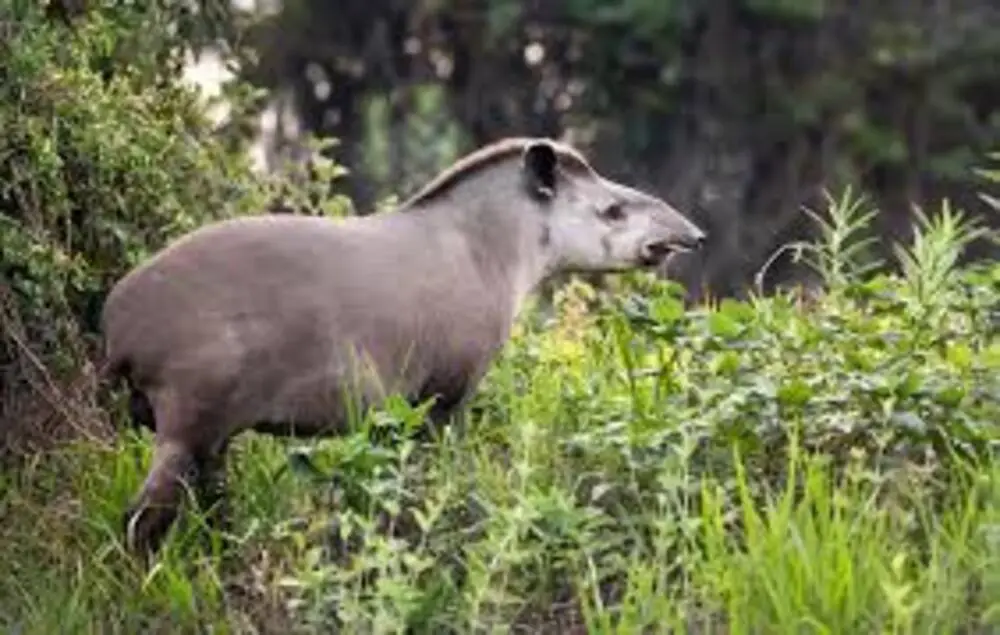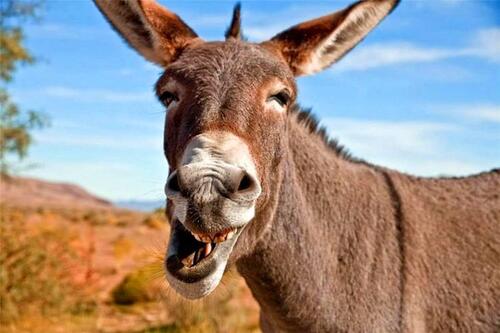Moschus chrysogaster
IUCN
LCBasic Information
Scientific classification
- name:Moschus chrysogaster
- Scientific Name:Musk deer, musk deer, mountain musk deer
- Outline:Ungulata
- Family:Artiodactyla Moschidae Moschus
Vital signs
- length:88-92cm
- Weight:15kg
- lifetime:12-15 year
Feature
Musk deer are now a first-class protected wild animal in China
Distribution and Habitat
Distributed in Bhutan, China, India, and Nepal.
In China, it is mainly distributed in western regions such as Qinghai, Gansu, Tibet, and Sichuan.
Musk deer live in coniferous forests and alpine shrubs at an altitude of 2500-5000m. The herbaceous plant layer under the shrub is dominated by Polygonum aviculare and moss.
Appearance
The musk deer is the largest of the musk deer, weighing about 15kg and 80-90cm in length. Both males and females have no horns. The hind legs are about 1/3 longer than the front legs, so the hip height is greater than the shoulder height. The feet have 4 toes, and the lateral toes are well developed, touching the ground when walking on hard ground. The head is narrow and long, with a pointed snout, no infraorbital glands and tarsal glands, and narrow and long ears. The male has well-developed crescent-shaped upper canine teeth that extend downward outside the lips; the abdomen has a special musk gland sac; the tail is short and thick, exposed, with well-developed glands on it, and only a tuft of hair at the tip. The female has no musk on the abdomen, but has a pair of nipples; the upper canine teeth are small and do not protrude outside the lips; the tail is slender; and there are no glands.
The back of the musk deer is sandy yellow-brown or gray-brown, with a stronger brown-brown c
Details
I have heard that musk deer are the best medicine in the world. As long as musk deer live in the forest, the air and water will be purified, and any human or animal living in or around the forest will not suffer from disease.
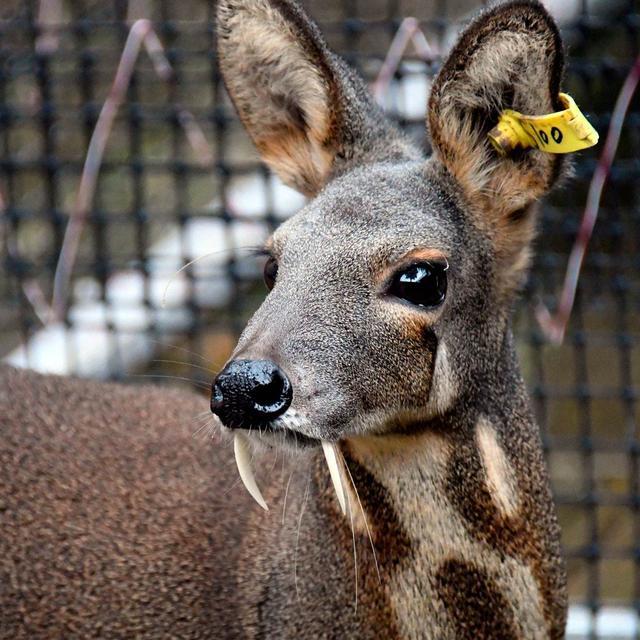
The musk deer is suspicious by nature. When it moves, it always looks around and is alert. Its fear is more serious than that of the forest musk deer. When it is not disturbed, its activities are very regular, like the piles that rub its tail. The paths of activities are fixed, and even the piles of feces are fixed. After being frightened, it will leave its nest area, and it will come back after a few days. Therefore, people say that it "would rather die than leave the mountain".
The musk deer is a sensitive and shy animal, with big watery eyes and big furry ears, which makes it look pitiful. They are solitary by nature, and both males and females like to be alone, relying on the ancient way of leaving smells on stones and tree trunks to communicate. You must have heard of "musk"! Musk is a secretion from the abdominal glands of male musk deer, which is used to mark the territory to drive away other males, and at the same time declare its charm to attract the opposite sex. Musk has a unique aroma and extremely complex chemical composition, among which the main aromatic component is musk ketone. As a precious spice, musk was once widely used in the perfume industry. Some evidence shows that it is synthesized before the male musk deer comes into estrus, and the smell is spread through the male's urine. The urine of male musk deer in estrus is pink or red, and has a sweet smell. In the place where the musk deer lies prone, the strong musk smell can still be smelled after the musk deer leaves.
As a herbivore, the musk deer has fangs like "vampires", which can be regarded as their self-defense weapon. However, they are very timid and will not take the initiative to attack when they encounter danger. Even if they are blocked by animals, they will not fight back with their teeth. Many animals on the plateau, such as wolves, lynxes, foxes, and golden eagles and steppe eagles among birds of prey, are its natural enemies. Even musk deer will not let it go, and often cruelly bite young musk deer to death. In addition, because of musk, musk deer and other musk deer have been hunted by humans.
The population of musk deer is not scattered, and the number is on a downward trend. There were 180,000 musk deer when the China Medicinal Materials Company conducted a survey in Qinghai in 1981. Zheng Shengwu conducted a survey in Huangnan Tibetan Autonomous Prefecture, Qinghai Province in 1973 and estimated that the number of musk deer in the shrub areas of the prefecture was about 15,000 (0.4-7.4/km²), which dropped to 8,800 in 1982. A survey in Xinglong Mountain, Gansu Province from 1993 to 1994 showed that the number of musk deer there remained at 4,000-5,000 (23-51/km²) due to the importance of musk deer resources protection in the reserve. As of 2012, there were about 28,000 musk deer in China.
Listed in the 2008 Red List of Endangered Species of the World Conservation Union (IUCN) ver 3.1 - Endangered (EN).
Listed in the first level of the List of National Key Protected Wildlife in China.
Protect wild animals and stop eating game.
Maintaining ecological balance is everyone's responsibility!

